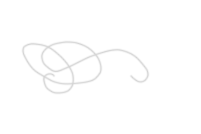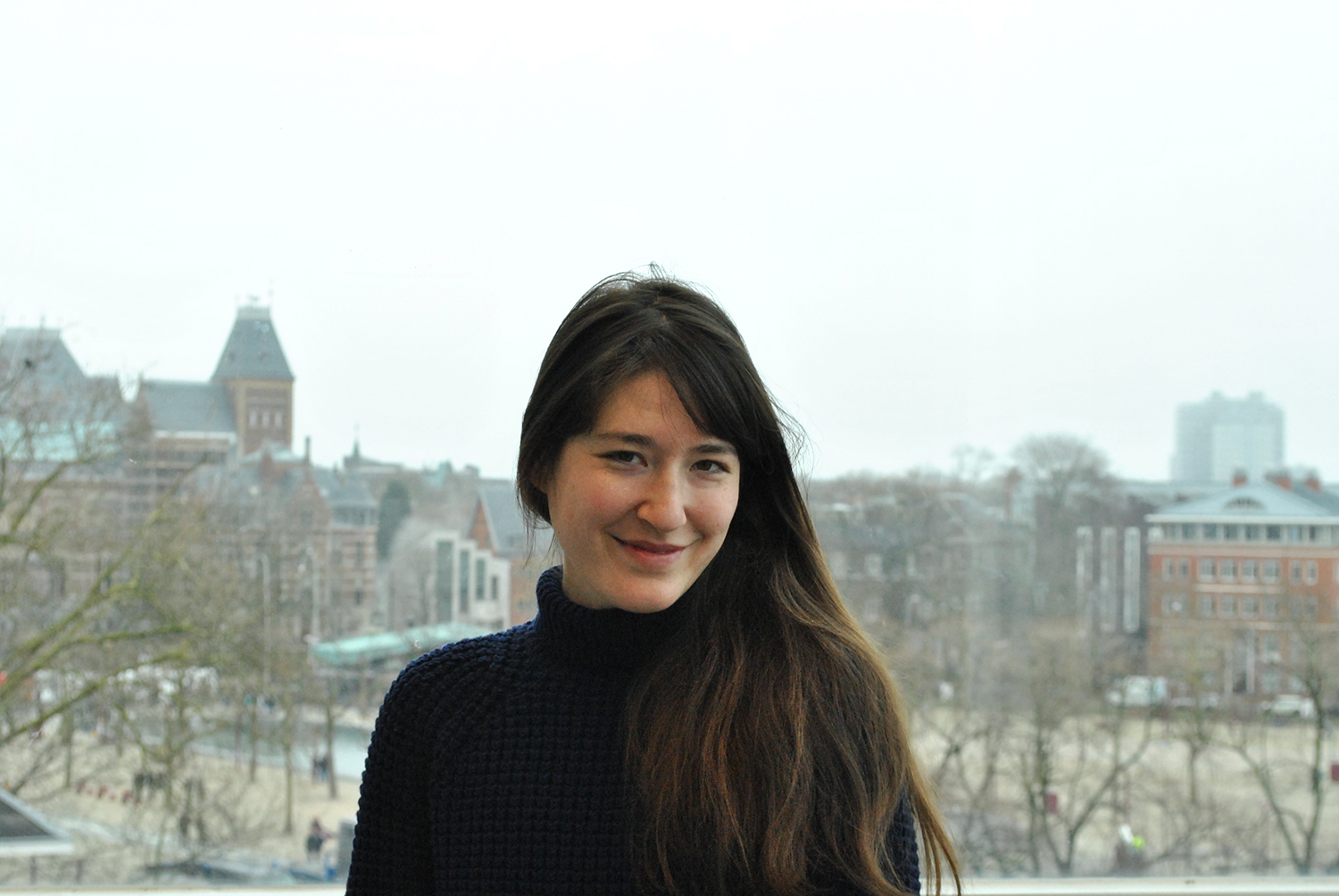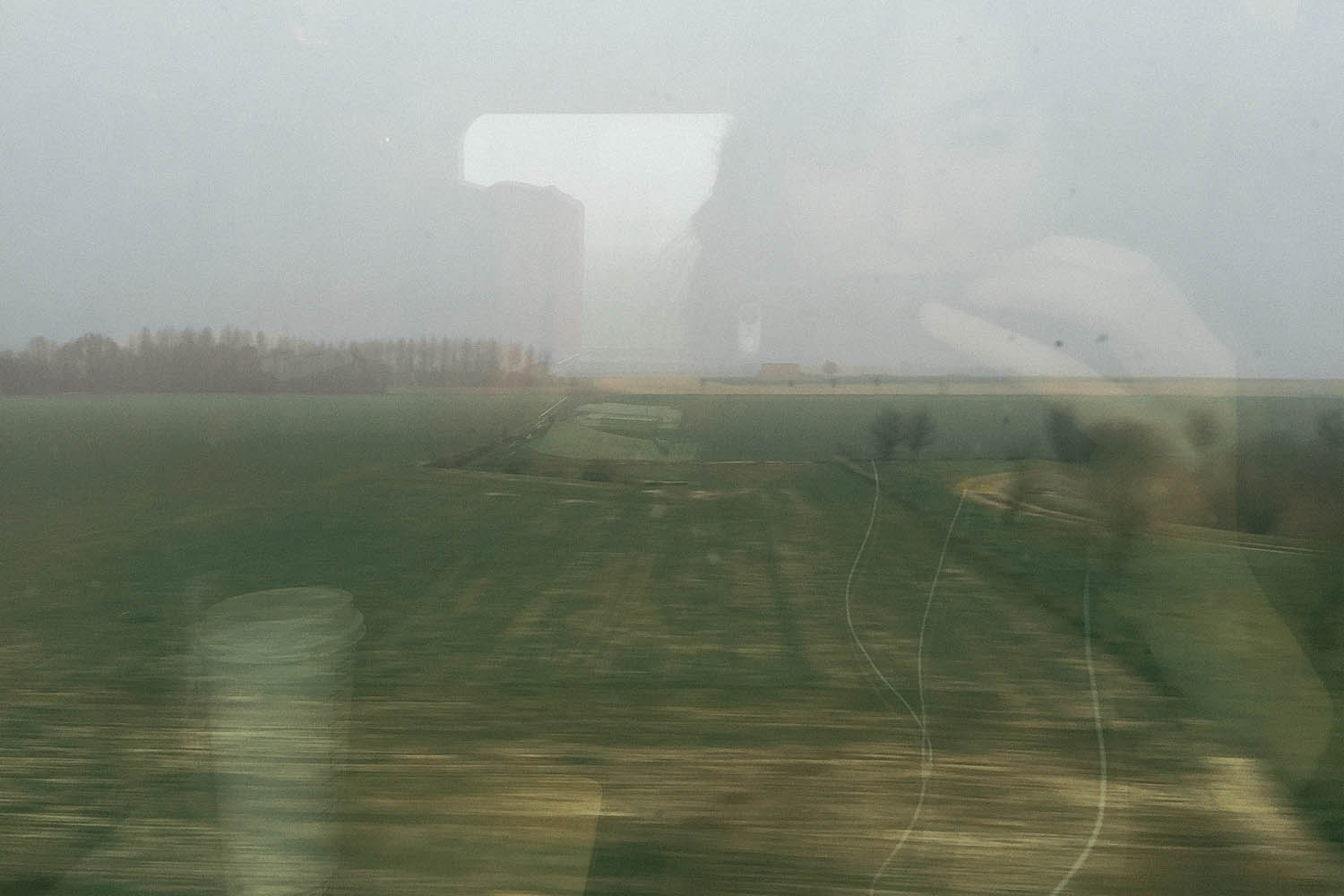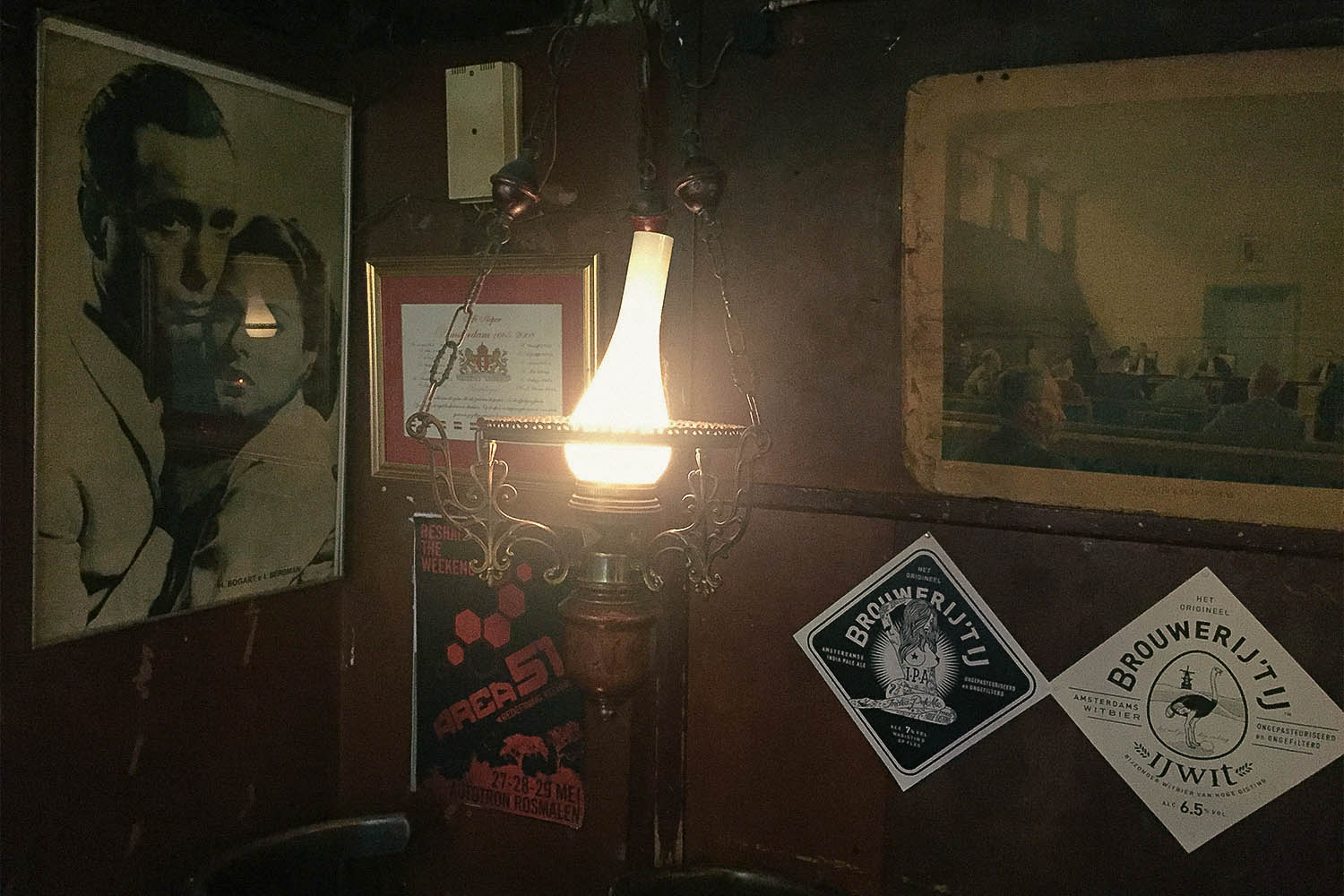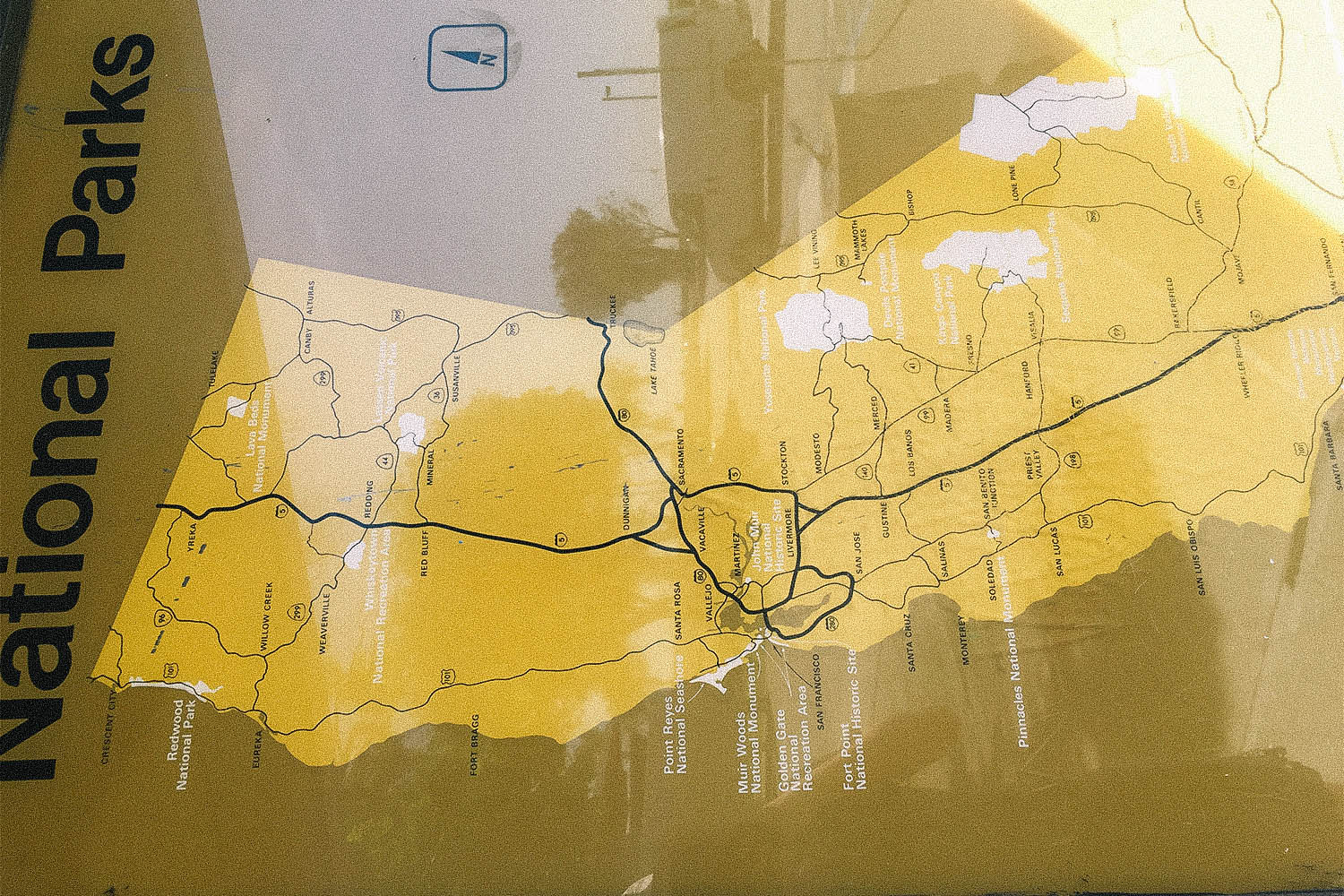
When I lived in Berkeley, I never prepared for the 8-hour drive to San Diego, where my mom lives, and back again. All I needed was a soundtrack, courtesy of my CDs, a collection that continues to grow as my car remains oblivious to developments in technology. My recent move to Sonoma tacked on a single extra hour to that drive, which led to the discovery that the tipping point is found somewhere within that hour; what is tiring turns exhausting, what is improvised turns planned. When faced with a 9-hour drive, I fill up on gas the night before, I look up the weather, I pack a lunch, and last time, for the first time, I downloaded two audiobooks. On the way down, I listened to When Breath Becomes Air by Paul Kalanithi, and on the way up, Big Magic by Elizabeth Gilbert.
I had not intended on reading either book, at least not anytime soon, because after reading the reviews, listening to the interviews, seeing the #bookstagram photos and observing the general chatter, I felt like I had spent a considerable amount of time with both. These are the titles that break rank to become spectacularly known, leaving behind an endless march of the likewise recently published. When a book becomes a major subject in the cultural conversation, and when so many opinions are readily and fervently expressed, I hesitate, as if navigating a dinner party: Perhaps I’ll observe this one from afar and join a quieter conversation in the far corner over there. But several months and books later, I remained curious about these two, and then I had to go on a very long drive.
In the foreword of When Breath Becomes Air, the narrator describes Paul Kalanithi’s writing as “cadence you can tap your feet to,” and I smile as I settle in. He emphasizes, “This book, the one that you are now holding in your hands,” and it feels as if I am getting away with something. Instead I listen, and as I do, there are so many passages I want to highlight, words to underline and references to look up, but I simply keep listening. Early in the book, Kalanithi describes his boyhood home in Arizona as “red-rock desert speckled with mesquite, tumbleweeds and paddle-shaped cacti.” I remember something about dust swirls and freedom, and that “spaces stretched on, then fell away.” I remember thinking, I need to see this on paper, I want to read this passage over and over again. Listening feels too easy, too passive, which is so unlike reading, an activity that is engaging and requires effort. I remind myself what an English teacher used to remind me, that a book only gives what it receives. Kalanithi, diagnosed with terminal cancer during the final year of his neurosurgical residency, was a lifelong voracious reader and bestows literature with the highest praise. He writes, “Literature is the best account of the life of the mind” and “Literature provides the richest material for moral reflection.” His final act is to masterfully contribute to this body of literature with a profoundly moving book of his own, one that earnestly explores what makes life meaningful, especially when death is so near.
Elizabeth Gilbert narrates her own book, Big Magic, which is to experience every word exactly as she intended. I then wonder how many levels of abstraction are at play when we read, and therefore how much of ourselves we actually pour into any book. I suspect a lot. A book is not merely a reservoir of ideas that we passively consume, but one that we filter and connect with our own. If creativity, however you define it, is your goal, Gilbert is your biggest cheerleader and her rallying cry is this book. She believes that we all have jewels tucked deep inside of us, that creativity is an external force with desire and intention, and that ideas can travel from one person to another. If you wish to roll your eyes, I do not blame you, but Gilbert writes so encouragingly that you begin to consider whether your cynicism is perhaps the biggest problem of all. Within her thick web of advice, Gilbert weaves in personal stories to support this or that claim, and these stories are by far my favorite parts of Big Magic. There is Evelyn of the Amazon, the book that never was, the garden that inspires The Signature of All Things, the young girl nicknamed Pitiful Pearl, and the poet who races inside for paper and pen whenever she hears a poem approach. Gilbert validates and applauds all creative pursuits, dropping tidbits like, “If it’s authentic, it will feel original,” and a classic by W.C. Fields that goes, “It ain’t what they call you, it’s what you answer to.”
I arrived at the very last sentence of Big Magic as I exited the freeway for home, 500 miles of California behind me, and I felt like I was in a haze, like the drive was a bizarre encounter that needed to be shaken off. To focus on a single topic for a long stretch of time is difficult, perhaps exceedingly so, due to both obligation and distraction. Neither of these happens to be an issue when you are on the road for nine hours. Of course, focus takes hold most beautifully when it stems from our own passion and will, and when it does, it can feel like you have freed yourself from time, like you have successfully lost yourself in a daydream. My only regret? Well, that I did not actually read When Breath Becomes Air or Big Magic.
Read the glowing NYT review of When Breath Becomes Air, “Singularly Striving Until Life Steps In.”
Read the rather harsh NYT review of Big Magic, “Crash Course.”
Best, Yuri

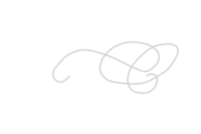 Personal
Personal
